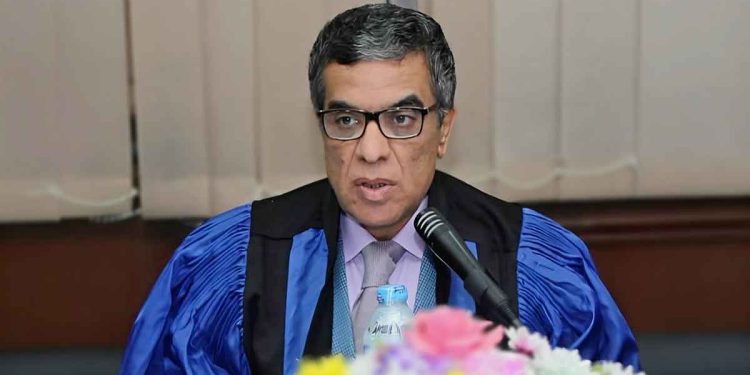In yet another episode of the slow deaths unfolding within Egypt’s prisons, Dr. Nagy El-Prince (69), Professor of Oral and Maxillofacial Surgery at Alexandria University’s Faculty of Dentistry, passed away on Monday evening while in detention, following months of arbitrary imprisonment and deprivation of healthcare.
According to available information, Dr. El-Prince suffered a steadily deteriorating health condition in Badr 3 Prison without being granted access to adequate medical treatment or transfer to a proper hospital.
The deceased was the brother of Dr. Hassan El-Prince, a well-known political detainee, who had previously undertaken a hunger strike in protest against harsh detention conditions and denial of family visits in the same prison where his brother has now died.
Egypt’s prisons have become hostile environments to life itself, failing to uphold even the minimum standards of physical safety or human dignity. Rather than serving as institutions for rehabilitation, they have turned into sites of systematic abuse and humiliation, stripping detainees of their fundamental rights, foremost among them the rights to life and medical care.
Measures such as banning family visits, solitary confinement, denial of treatment, and inadequate nutrition flagrantly violate international instruments on the treatment of prisoners, particularly the UN Standard Minimum Rules for the Treatment of Prisoners (the Nelson Mandela Rules), which clearly stipulate that prisoners must be provided with medical care equivalent to that available outside prison.
Dr. Nagy El-Prince’s death forms part of a growing pattern of fatalities inside Egyptian detention facilities in recent years, primarily resulting from medical neglect and denial of medication—a clear indication of deliberate mistreatment rather than administrative oversight.
Similar cases have been documented involving academics, political figures, and young people detained merely for expressing their opinions, who later perished quietly behind prison walls, without any transparent investigations or accountability for those responsible.
With the increasing number of ill detainees and continued prevention of medicine delivery by families, there are mounting fears that prisons are turning into silent mass graves—places where individuals are buried alive long before their eventual death goes unrecorded.
These practices are not only a grave violation of detainees’ rights but also a blatant affront to justice and a direct challenge to the ethical and legal obligations of any state claiming to respect its constitution or international conventions.


























